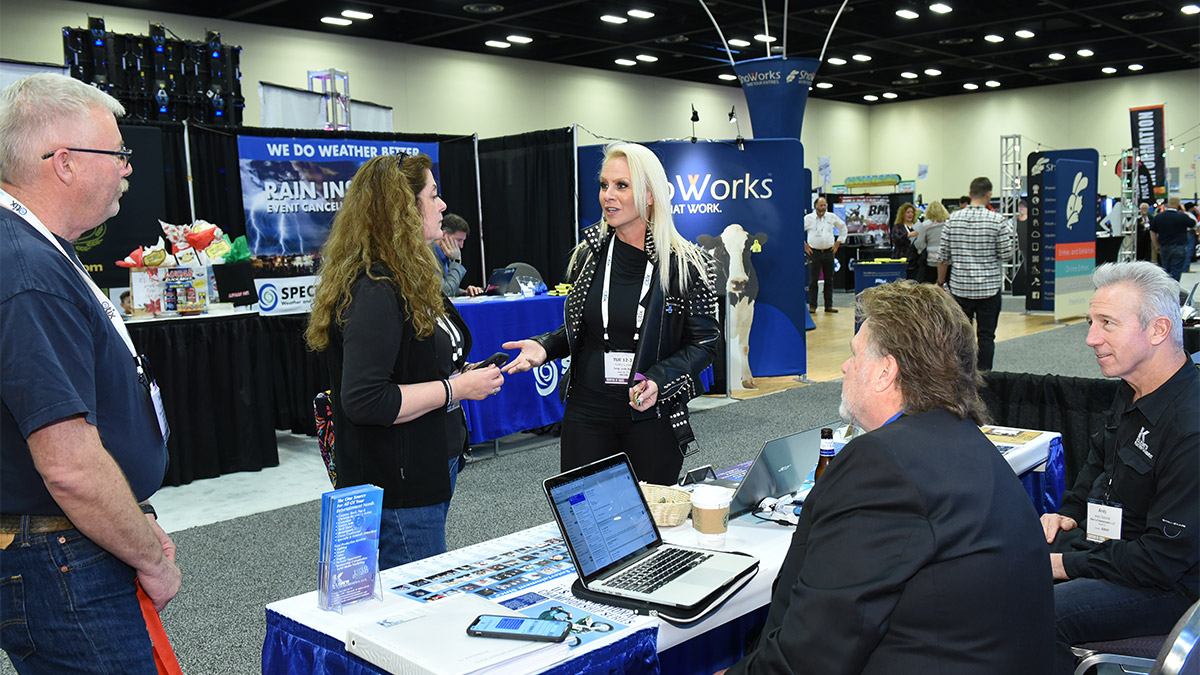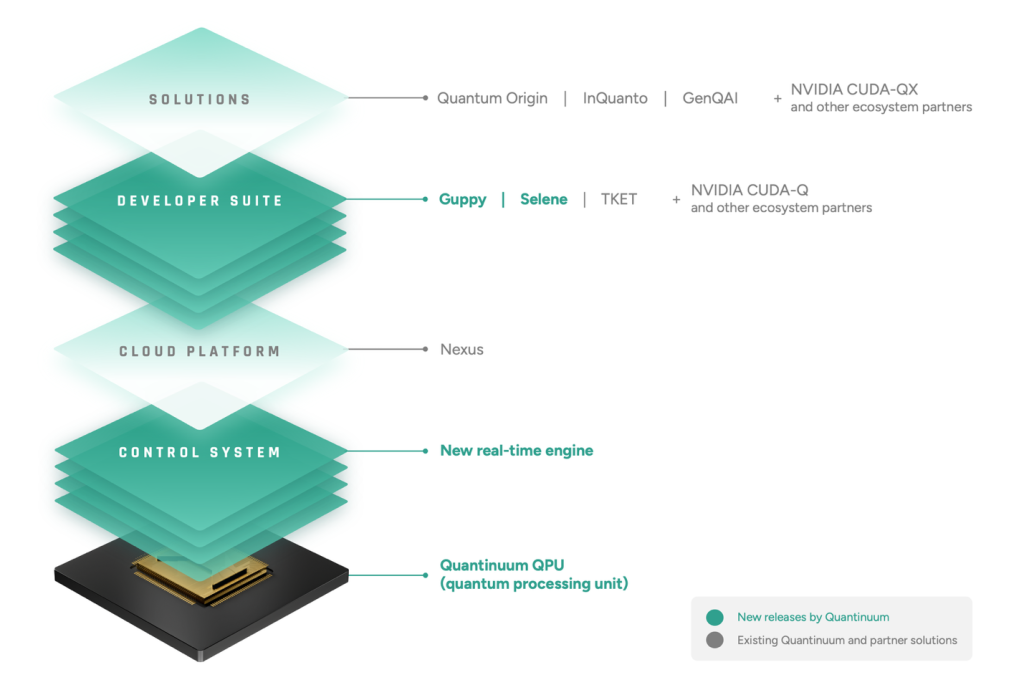Trade shows can be an intricate undertaking. Money and time must be invested by all involved to make them a success, which requires all parties involved being willing to put forth effort both financially and timewise.
Attendees typically spend significant amounts of money on travel and accommodations as well as industry-related products and ancillary services.
Marketing
Marketing a trade show involves more than simply raising awareness; it must also convert leads into paying customers. While this requires hard work and persistence, it can be done – there are even companies built upon this model!
Trade shows are unique marketing channels in that they bring together various stakeholders from multiple disciplines – unlike traditional channels where communication between seller and potential buyer is typically one-sided – making it hard to delineate roles necessary for making trade shows profitable.
But there are ways to make them even more profitable, such as charging attendees an entry fee to increase trade show revenues. But be careful – overcharging could deter potential customers from attending your event!
Exhibitor fees
Trade shows generate multiple streams of revenue, such as booth rental fees, attendee fees and sponsorships. These sources of income are essential to trade show organizers’ profitability as they help reduce expenses associated with participating at events.
Some exhibitors use candy dishes to entice visitors to stop by their booth and gather leads; this strategy can improve contact quality while drawing in potential clients.
However, if your trade show investment isn’t yielding any tangible returns, it’s time to reconsider your marketing approach. There may be more efficient means of growing your business such as account-based marketing which focuses on targeting specific prospects while optimizing budget resources.
Attendees
Industrial companies tend to experience FOMO when attending trade shows – these events may be costly but are an invaluable opportunity to connect with potential customers and expand brand marketing initiatives.
Attendees can help trade shows make money through purchasing merchandise and food items from vendors who pay exhibition fees; their revenue then allows them to market their products or services directly to attendees at the event, creating a profitable experience for all involved.
Trade shows are the perfect platform for reaching highly targeted audiences, making them perfect for brands seeking to build an established presence in their respective industry. However, your kitty litter business won’t benefit much by attending an engineering trade show; therefore it pays to choose wisely when selecting trade shows to attend.
Sponsorships
Trade shows are one of the primary components of marketing budgets for both industrial and commercial companies, providing leads for lead generation while simultaneously serving nonselling objectives like image strengthening, intelligence gathering and product testing. Management must determine how best to balance these objectives against other aspects of the communication mix.
Trade show hosts generate additional revenue through sponsorships in addition to ticket sales, which is an integral component of event profits and can significantly enhance returns on investments. Sponsorships provide opportunities to leverage existing relationships while building brand recognition – but it’s vital that they’re chosen carefully so as to maximize the return on your sponsorship money investment.
Post-event surveys
Trade shows are an invaluable marketing strategy for many B2B industries. They enable companies to assess competition, stay abreast of new products and innovations, identify customers and network with industry leaders – as well as discover potential new business relationships.
Make the most of your event by collecting feedback from attendees afterward. A survey tool that allows you to create custom questions and track responses is the ideal way of doing this, while closed and open-ended questions provide the most insightful data; closed-ended ones provide demographic data while open-ended questions reveal opinions or comments in people’s own words. It is crucial that surveys be sent shortly after events have concluded so as to keep their experiences fresh in attendees’ minds.




